By Ghulam Haider
His Highness Sheikh Mohammed bin Rashid Al Maktoum, Vice President and Prime Minister of the United Arab Emirates (UAE) and Ruler of Dubai, on Wednesday set out a 32 trillion-dirham ($8.7 trillion) economic plan for the Emirates by 2033.
His Highness Sheikh Mohammed bin Rashid Al Maktoum, Vice-President and Prime Minister of the UAE and Ruler of Dubai, announced the agenda on his 17th Accession Day anniversary and the UAE Annual Government meetings held in Abu Dhabi.
The plan also envisages increasing foreign direct investment (FDI) to 650 billion dirhams ($176.98 billion) during the next decade. It is also aimed at increasing foreign trade to 25.6 trillion dirhams for goods and services from 14.2 trillion dirhams in the last decade.
Sheikh Mohammed bin Rashid Al Maktoum launched the Dubai Economic Agenda (D33) on his 17th anniversary as ruler of the city, one of seven emirates making up the United Arab Emirates federation, and seen as the commercial and tourism hub of the Gulf region.
The D33 plan further seeks to bring 65,000 Emiratis into the labour market, while attracting new universities to the city, bolstering the higher education sector.
“We have adopted today the Dubai Economic Agenda ‘D33’ for the next 10 years, praise to God,” said Sheikh Mohammed.
The new economic agenda named D33 is aimed at spurring trade and investments over the next decade besides doubling the size of the Emirate’s economy and place Dubai among the top three economic cities in the world.
In a series of tweets, Sheikh Mohammed announced that the Emirate’s foreign trade will reach 25 trillion dirhams during the next decade while Dubai will also add trade corridors with 400 new cities around the world.
“Dubai’s economic agenda includes 100 transformative projects. Total economic targets amount to 32 trillion dirhams over the next ten years,” Sheikh Mohammed tweeted. “We will be doubling our foreign trade to reach 25 trillion dirhams during the next decade.”
The plan aims to attract an average of 60 billion dirhams in FDI annually over the next decade, from 32 billion dirhams annually in the last 10 years, the ruler tweeted.
“We have more than 300,000 investors in Dubai, and, I invite everyone to join our journey to be one of the fastest growing cities in the world,” Sheikh Mohammed tweeted.
Sheikh Mohammed said the plan includes economic targets of 32 trillion dirhams, almost $9 trillion. The government plans to launch 100 projects within the next ten years to double the size of Dubai’s economy, he said.
While details on achieving those targets were vague, Dubai is aiming to become one of the top three economic cities globally, and rank as one of the top four global financial centres.
“We know our economic position during the next decade… the world makes way for those who know what they want,” said Sheikh Mohammed, who is also prime minister of the UAE.
Last month, Sheikh Mohammed set out the next phase of the city’s 2040 Urban Master Plan, with new housing and easier commuting among the top priorities.
These include include providing residents with everything they need ― shops, schools, offices and recreation ― within a 20-minute journey of their home.
The plan is intended to curtail lengthy commutes and boost the city’s status as a liveable destination.
The four-pillar plan
On Twitter, Sheikh Mohammed said the plan calls for new trade corridors with 400 cities around the world, with a key focus on Africa and South America. The ability to test and market new products in a “sandbox Dubai” programme will benefit new companies, he said.
The plan is based on four main pillars that cover all sectors and fields — the economy, society, ecosystem and diplomacy.
The society pillar focuses on placing the UAE among the top 10 countries in the Human Development Index and having its cities ranked among the 10 best in the world.
The Forward Economy pillar will create and develop policies and plans that contribute to achieving high economic growth in all sectors, as well as accelerating the pace of transformation in the energy sector and the reliance on alternative sources of energy to enhance the country’s efforts in the green economy.
Forward Diplomacy aims to strengthen the UAE’s foreign relations with countries around the world, enhance its international presence, cooperation and friendship, as well as encourage positive dialogue worldwide.
The fourth pillar, Forward Ecosystem, focuses on infrastructure and its development according to the latest technological methods. This pillar includes the development of digital infrastructure.
Sheikh Mohammed said 2033 is when modern Dubai turns 200. “2033 is also when we come will complete our D33 economic journey. We know our global economic position during the coming years. The world makes way for those who know what they want.”
Taking to Twitter, he said Dubai will be among the top four global financial centres in the world. “Our goal is to attract foreign direct investments that exceed Dh700 billion within 10 years. Digital transformation will add Dh100 billion to Dubai’s economy annually. We have more than 300,000 investors in Dubai and I invite everyone to join our journey to be one of the fastest growing cities in the world.”
Dubai’s economic rebound
Today, the top financial centres are considered to be New York, London and Hong Kong, with Shanghai, Singapore and San Francisco typically next on the list.
Dubai tops MENA in Global Power City Index 2022 while Switzerland is top talent magnet and UAE leads the Arab world.
A key goal of the plan is placing Dubai in the top three cities by economic strength by 2033 and within the top four global financial centres.
Dubai’s economy has rebounded swiftly from the COVID-19 pandemic, with GDP growing 4.6% on the year for the first nine months of 2022. Tourist numbers grew more than 180% in the first half of 2022 over the corresponding 2021 period.
The city-state is, however, among the more vulnerable regionally to global economic shocks and does not have the advantage of boosting its coffers through oil revenue like neighbouring Abu Dhabi.
The plan has a focus on social, economic, investment and development aspects. As part of the plan to raise GDP from its current level of 1.49 trillion dirhams, targets have been set to increase the country’s non-oil exports to 800 billion dirhams.
Foreign trade is also set to rise to 4 trillion dirhams, with the contribution of the tourism sector to GDP to grow to 450 billion dirhams.
Sheikh Mohammed said that the plan will shape the progress of the country towards a more accomplished and developed future, in which all entities and institutions will cooperate within a unified ecosystem.
“It represents our government vision for the next decade as we start a national path towards new achievements under the leadership of my brother Mohamed bin Zayed,” he said, adding that “The UAE will maintain its position as an economic destination… Economic prosperity, social well-being and development of human capital will be the main pillars of the next 50 (years).”
He said Dubai’s economic agenda includes 100 transformative projects, the details of which will be announced.
Visionary Sheikh Mohammed bin Rashid Al Maktoum
This isn’t the first time that Sheikh Mohammed has dedicated his Accession Day for a good cause. In 2022, he launched ‘The Great Arab Minds initiative’, a Dh100 million project to search for 1,000 Arab pioneers.
In 2017, Sheikh Mohammed announced the establishment of the UAE Food Bank, which distributes food and eliminates waste. In 2011, he highlighted the plight of orphans, spent time with a group of Emirati orphans and encouraged residents to contribute to their cause.
Over the years, he also used to occasion to highlight other important topics. In 2015, he thanked the UAE Armed forces and created the ‘Guardians of the Nation’ Arabic hashtag.
In 2013, he launched a gratitude campaign to the labourers in the city – the ‘unsung heroes’. The year before that, in 2012, he urged residents to thank their mothers and to write a note of appreciation for them.
Sheikh Mohammed used the occasion to speak to the UAE residents through open letters. In 2021, he wrote an optimistic open letter in which he spoke about the challenges he faced and how he overcame them. In 2020, he wrote an open letter detailing his vision for Dubai’s next 50 years.
![]()
![]()

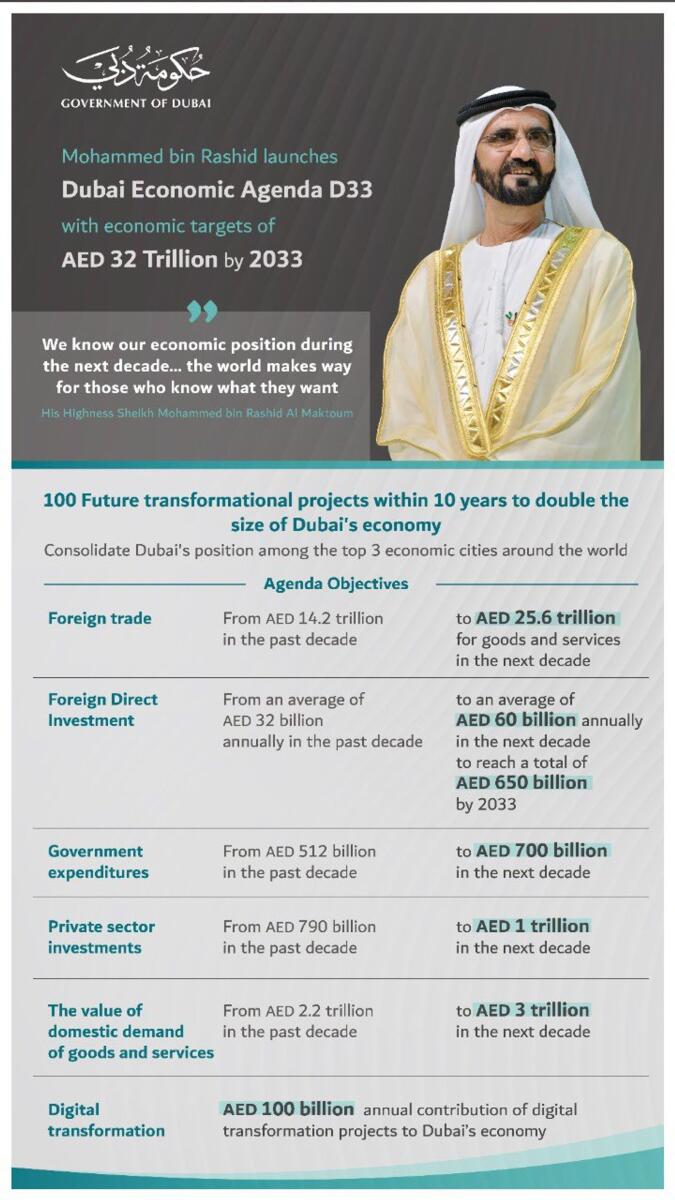
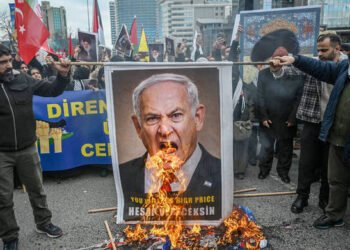
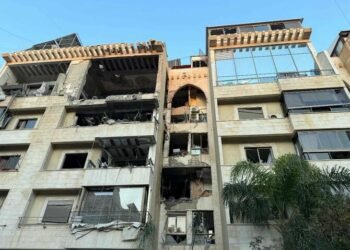
 United Arab Emirates Dirham Exchange Rate
United Arab Emirates Dirham Exchange Rate

